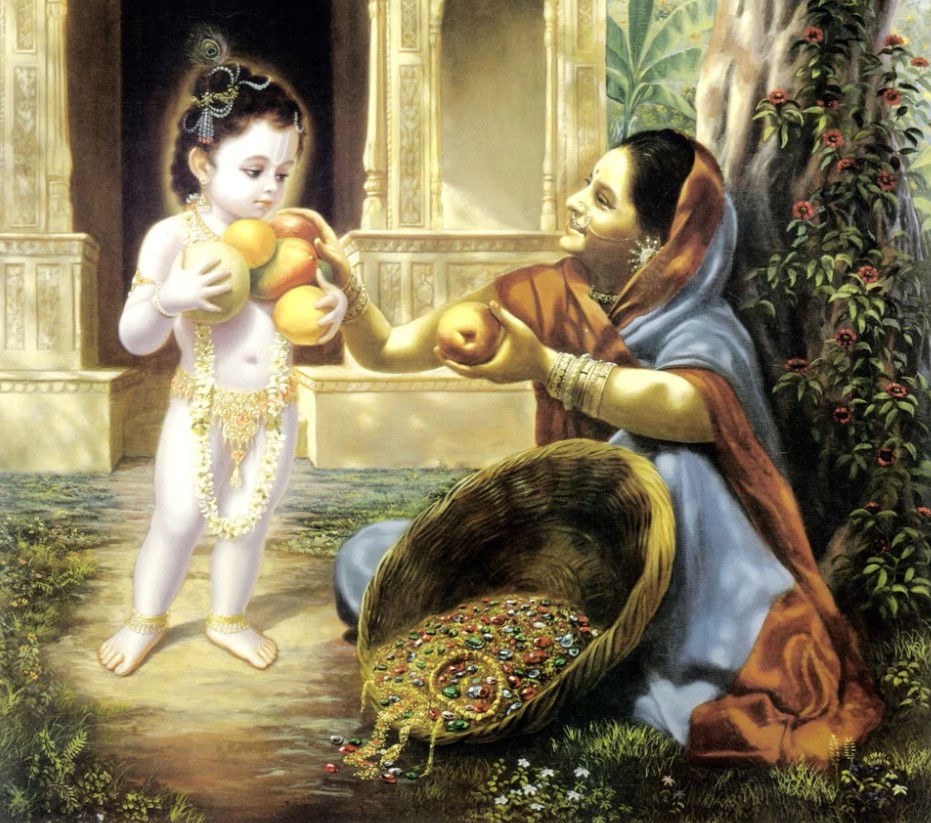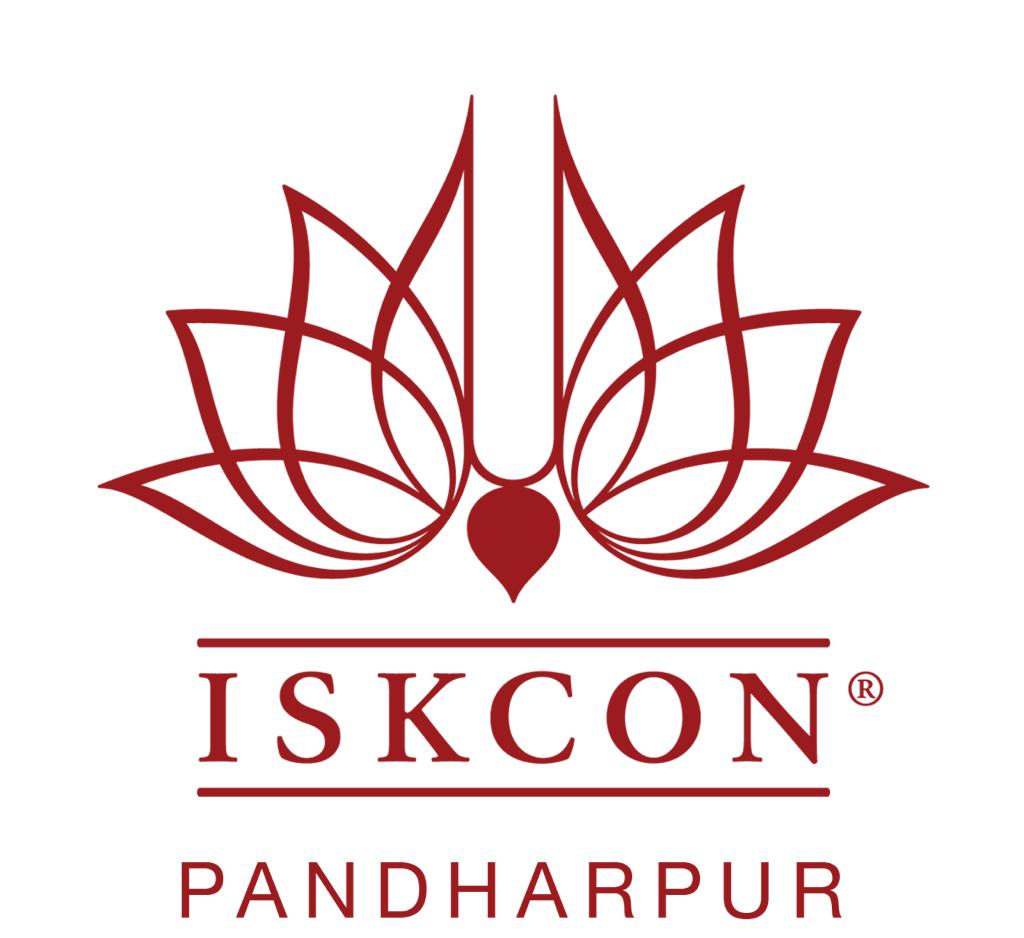“Cow protection is the business of the human society. Simple living and high thinking. Not to kill the cow but to protect them.”
Srila Prabhupada – Lecture 1974
Donate generously for “ISKCON COW Seva GoSeva”
Your contribution can make a life-changing difference for thousands of pilgrims. No service is small in the eyes of the Lord.
-
🐄 Protect a Sacred Life: In Vedic culture, the cow is revered as a mother—donating ensures she lives a safe, respected, and cruelty-free life.
-
🌱 Support Sustainable Living: Your contribution helps maintain organic farming, clean energy, and eco-friendly rural practices centered around cows.
-
🛕 Serve Lord Krishna: Krishna, the eternal cowherd, is pleased when His cows are cared for with love—your donation is a direct offering to Him.
-
❤️ Compassion in Action: Old, abandoned, or injured cows find shelter, food, and love in our goshala—your help becomes their lifeline.

Donate Generously
ISKCON: A Beacon of Cow Seva and Cow Protection
Upholding a Sacred Tradition
Cow protection (Go-raksha) has always been a cornerstone of Vedic culture, revered in scriptures as a sacred duty of humanity. The International Society for Krishna Consciousness (ISKCON), following in the footsteps of its founder Śrīla A.C. Bhaktivedanta Swami Prabhupāda, actively promotes and practices cow protection as a form of devotional service. Among its many centers, ISKCON Pandharpur stands out as a shining example of go-seva in action.
A Sacred Setting: Pandharpur
Located on the banks of the Chandrabhaga River in Maharashtra, Pandharpur is one of India’s holiest pilgrimage sites, home to Lord Vitthala, an incarnation of Krishna. ISKCON’s temple here not only serves as a spiritual hub but also as a base for sustainable rural development and cow-centered living.
The Goshala: Shelter for Sacred Cows
At the heart of ISKCON Pandharpur’s cow protection initiative is its goshala (cow sanctuary). The goshala provides shelter to dozens of cows, bulls, and calves, many of whom are rescued from slaughterhouses or abandoned when no longer considered economically productive. Unlike commercial farms, these cows are never exploited for profit. Instead, they are lovingly cared for throughout their natural lives.
Key features of the ISKCON Pandharpur Goshala include:
-
Natural, cruelty-free care: The cows are not forcefully milked; only surplus milk is used for the Deities and devotees.
-
Organic feeding: Cows are fed natural fodder, free from chemical additives.
-
Medical care and protection: Regular veterinary checkups ensure the cows remain healthy and well-treated.
-
Retirement care: Even non-milking and aged cows are treated with dignity and never sold or slaughtered.
Integration with Spiritual Life
Cow seva is not seen as a separate activity but an integral part of devotional service. Cows are considered sacred and directly linked to Lord Krishna, who is often depicted tending cows as a young boy in Vrindavan. In ISKCON Pandharpur:
-
Milk and ghee from the cows are used in Deity worship and cooking prasadam.
-
Devotees engage in daily seva—feeding, grooming, and speaking to the cows.
-
Cow dung and urine are used in eco-friendly farming and as natural disinfectants, following Ayurvedic traditions.
Education and Awareness
ISKCON Pandharpur also promotes cow protection through education and outreach:
-
Workshops and school visits are organized to teach the importance of go-seva.
-
Visitors and pilgrims are encouraged to participate in cow feeding and seva.
-
The center promotes sustainable agriculture by demonstrating how cow-based farming is both spiritually uplifting and ecologically sound.
Aligned with Prabhupāda’s Vision
Śrīla Prabhupāda emphasized cow protection as one of the pillars of a truly Krishna-conscious society. He wrote:
“Cow protection is the business of the human society. Simple living and high thinking. Not to kill the cow but to protect them.”
(Śrīla Prabhupāda, Lecture, 1974)
ISKCON Pandharpur embodies this vision by creating a lifestyle centered around devotion, simplicity, and reverence for all life, especially the sacred cow.
